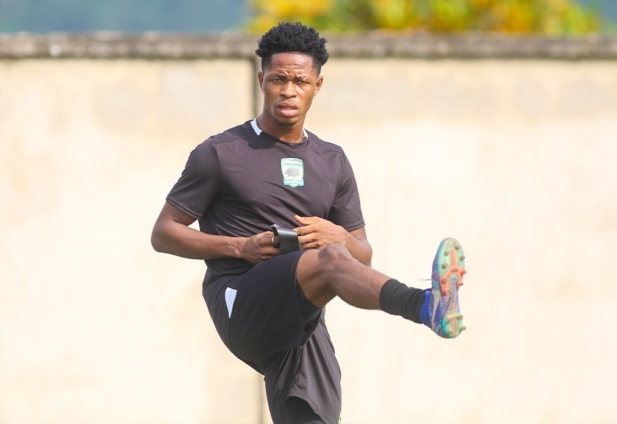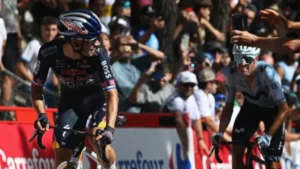Kotoko’s latest mass player exodus is a symptom of—not a cure for—its ills

The season is over and, of course, it’s time for drama at Asante Kotoko (wait your turn, rivals Accra Hearts of Oak; yours would probably be more spectacular given the rubbish, near-tragic campaign you just had).
It was only last Sunday that the Porcupine Warriors thrashed Bofoakwa Tano 3-1 to finish sixth — the club’s lowest placement since 2010, when they also ended up in an identical position. Had they played much of the 2023/24 campaign the way they did on its last matchday — with a flourish even the relentless rain couldn’t dampen — Kotoko would likely have done much better on the final standings.
Clearly, change — of a significant kind — would be needed to ensure next season aligns more with the club’s lofty standards and expectations.
But, even so, nobody quite envisaged the scale of that change being as massive as this week’s announcements by the club on its official social media platforms revealed: as many as 18 outgoings from the playing body (and there is no promise there wouldn’t be more between now and the start of the campaign to come).
The profiles of the affected players — from veterans (Danlad Ibrahim) and cult favourites (Georges Mfegue) to ‘starboys’ (Isaac Oppong) and flops (Kalo Ouattara) — varied as widely as the reaction among the fanbase to the development, but there has been little about the collective feedback to suggest any measure of pleasure about the wholesale nature of these exits.
It’s not just about Kotoko losing so many players (all but one of whom arrived only in the last four years) without getting a pesewa in return — even if that is now an admittedly concerning, perennial feature of the club’s transfer business — as it is about losing so many players who’d walk straight into the starting lineups of some of the other teams in the league, potentially even to the benefit of direct rivals.
Those fears aren’t unfounded, given there are very recent examples of such stories.

The division’s freshly-crowned topscorer, Berekum Chelsea’s Stephen Amankona, was let go last year after a couple of admittedly underwhelming seasons. A slightly earlier departee, midfielder Emmanuel Keyekeh, played a leading role in helping Samartex become the league’s latest champions.
Granted, not all, if any, among the latest batch of leavers would have that sort of success. But it is the feeling that Kotoko, with only a bit more patience, could have extracted more from these players — such as exciting attacker Oppong and promising full-back Nicholas Osei Bonsu, for whom the loudest ohs and ahs were reserved by stunned fans online — which grates on those who’d want to see the club make good returns on its investment.
For an institution that struggles to generate enough funds to merely sustain itself, the turnover rate at Kotoko is ridiculously high; certainly, an outfit so cash-strapped cannot afford to be this wasteful.
The excuse this time (as always) may be that it clears the slate considerably for the head coach, Dr. Prosper Narteh Ogum, to rebuild, but if anyone should leave so Kotoko finds their way again, it is probably Ogum himself — especially after his unforced, post-season mea culpa.
Don’t hold your breath, though; with him doubling as a member of an Interim Management Committee (IMC) that has only one other member on the ground (and even he is a traditional chief with little football knowledge), Ogum is going nowhere anytime soon.
Barring any unforeseeable occurrence, he’ll have another chance at success next season — but there would be no such shot at redemption, at least not in Kotoko colours, for the players he has now flushed out of the club.




